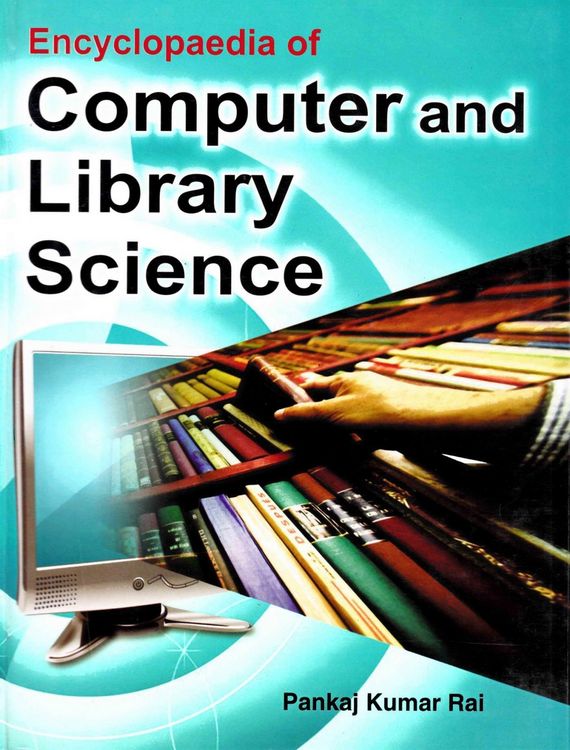
Encyclopaedia of Computer and Library Science
-
- Einzelkauf Download ausgewählt
-
Sprache:Englisch
-
Verlag:Anmol Publications PVT LTD
368,99 €
inkl. MwStBeschreibung
Details
Format
ePUB
Kopierschutz
Ja
Family Sharing
Ja
Text-to-Speech
Ja
Erscheinungsdatum
30.06.2011
Verlag
Anmol Publications PVT LTDSeitenzahl
302 (Printausgabe)
Dateigröße
1024 KB
Sprache
Englisch
EAN
9789353145675
Libraries in developing countries face particular problems procuring library materials and information resources. This is due to lower currency values in the international market and to limited financial resources, along with regular increases in subscription prices. Most libraries are supported by- different levels of government either directly or through government-funded agencies. In India many libraries were procuring the same materials from the same sources and spending large amounts of funds. In turn, libraries were finding it difficult to procure alternate resources due to limited funds. Therefore, they were denying access to a full selection of information resources. There was increasing frustration among the information providers and seekers about limited access to existing and available information resources. There were several studies on procurement and use of similar expensive resources, especially secondary resources, and duplication of high priced resources by many libraries in India. There were repeated complaints that use was not optimum, and cost per use was estimated to be very high. When this crisis reached its peak, libraries, government agencies, and even the concerned ministries started working together to find ways to make better use of limited budgets to provide access to increased numbers of resources as well as make optimum use of the resources to enable the scientists and researchers to become more information rich. This book fulfills the long felt necessity of a text dealing with concepts of this subject. It can also prove to be a worthy companion and guide for the students, users and researchers.
Unsere Kundinnen und Kunden meinen
Verfassen Sie die erste Bewertung zu diesem Artikel
Helfen Sie anderen Kund*innen durch Ihre Meinung
Kurze Frage zu unserer Seite
Vielen Dank für dein Feedback
Wir nutzen dein Feedback, um unsere Produktseiten zu verbessern. Bitte habe Verständnis, dass wir dir keine Rückmeldung geben können. Falls du Kontakt mit uns aufnehmen möchtest, kannst du dich aber gerne an unseren Kund*innenservice wenden.
zum Kundenservice